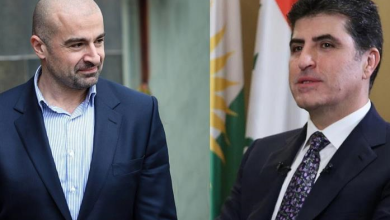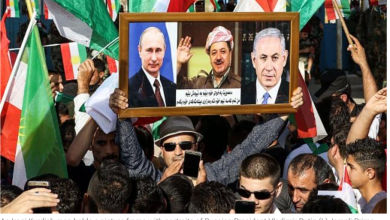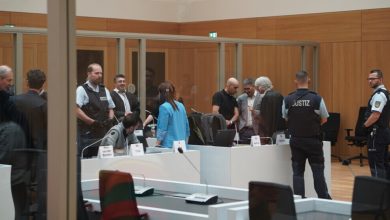Murdering citizens of Kurdistan Regional Government (KRG) by PKK and the practical silence of the KRG authorities continues. As such, due to the transformation of the PKK into an existential threat to the Iraqi Kurds, we are dealing with the issue.
Massoud Barzani made a big mistake in the mid-1980s, and after two meetings with PKK leader Abdullah Ocalan in Syria, he agreed to let the PKK members settle in areas controlled by the Kurdistan Democratic Party (KDP) near the Iraqi-Turkish border. This action is the starting point for the growth and expansion of the PKK. According to the PKK Manifesto, it was and still is violent, so it needs violent action to grow and expand.
The political climate in Turkey in the 1970s had paved the way for the emergence of various groups, especially for Soviet-backed leftists. This led to an increase in the number of various groups, including the Kurds, who could challenge Turkey’s national security with their armed actions, and it was in this atmosphere that the military staged a coup in September 1980. At this time, two years after the establishment of the PKK and it had not yet officially declared war on the government, focusing only on killing the leaders of other Kurdish parties and organizations, as well as the heads and leaders of Kurdish tribes and feudal lords, in order to leave the scene to itmself. Abdullah Ocalan repeatedly says that at that time MIT (Turkish intelligence) was giving him money and weapons. In 1979, Ocalan fled to Syria. Salahuddin Celik, a founding member and, of course, a critic of Ocalan, who later fled for fear of execution inside the organization, says that our organization was practically disintegrated and we did not know the fate of Abdullah Ocalan for two months. Ocalan went to Syria and then to Lebanon, and with a woman – most likely his wife Kesire Yildirim, who later fled to Sweden for fear of execution inside the organization and is still silent – went to Adel Murad, an official of the Patriotic Union of Kurdistan in Lebanon, and was able to – via Jalal Talabani – obtain a fake Syrian passport and eventually contact Syrian officials, including Hafez al-Assad’s family. Kesire also visited the Moscow Cultural Center in Damascus and, receiving Soviet aid, was able to have the Syrian government ordered through the Soviet Union to help the PKK. The PKK like the Soviet ideology, was Marxist-Leninist. Yevgeny Primakov, who later became Russia’s foreign minister and worked hard to get Abdullah Ocalan’s asylum during his deportation period, even kept him in his mother-in-law’s house for several days to be safe, played an important role. PKK members began training in guerrilla warfare tactics by KGB agents.
As time went on, the PKK set up its own organization, and gradually Ocalan’s opponents and critics were killed one after another, such as Cetin Gungor, Riza Altunok, members of the Central Council, and many others. One of the issues that Ocalan repeatedly mentions was the protest of trained members as to why they were not sent to war against Turkey, and Ocalan – as Ocalan promised to be released from prison this year and this year … by Qandil to members – said next spring, netxt one… And so he started the war in August 19874, and until the early 1990s it was practically a small, very sporadic, small-scale guerrilla attack.
But the reason for the delay of several years is the beginning of the PKK’s armed attacks. What was it that led to the gradual growth of the PKK? Has it become a security threat to the region today, including the KRG, and it kills its citizens every day?
Syria had warned Abdullah Ocalan that it would not allow the country’s border to be used for armed attacks, even to a small extent, as this would put Turkey at risk of retaliation, so Ocalan saw no way to launch attacks and had to delay the start of operations for several years. There are three routes left for him: Armenia, Iran and Iraq. Armenia has a long-standing enmity with Turkey, it wanted to support but did not have the strength to counter-attack by Turkey. Iran and Turkey are two countries with very broad common interests, including fighting each other’s opposition groups, so Iran’s option was ruled out. Iraq’s border with Turkey was practically in the hands of Kurdish groups, especially the KDP, so Ocalan entered into negotiations with Massoud Barzani and persuaded him to let the PKK move to northern Iraq. Massoud Barzani agreed and made a very big mistake. This is the beginning of the growth and development of the PKK. The first armed attack began in 1984 from this mountainous point and is still ongoing. Today, the PKK has become an existential threat to the KDP itself and the Kurdish Region under its rule, and this is the result of Massoud Barzani himself.
It is safe to say that if Massoud Barzani had not done so, the PKK would have been, the most optimistic, an anonymous political party opposed to Turkey abroad today.






